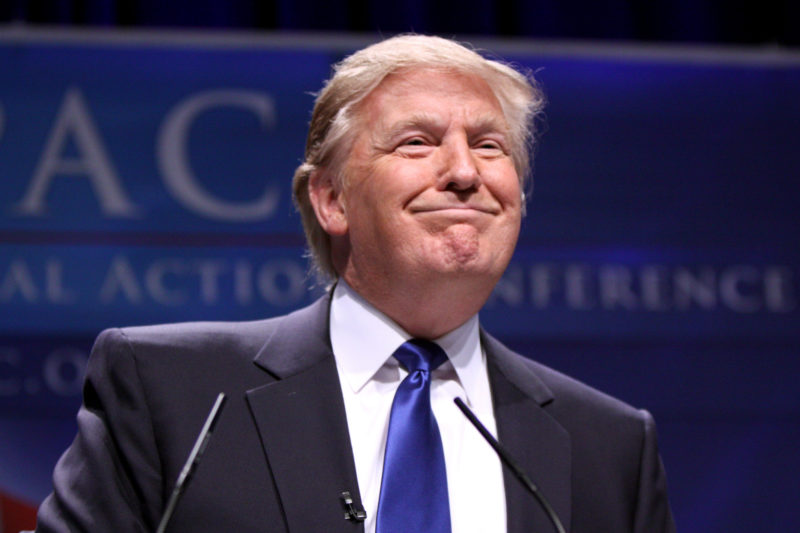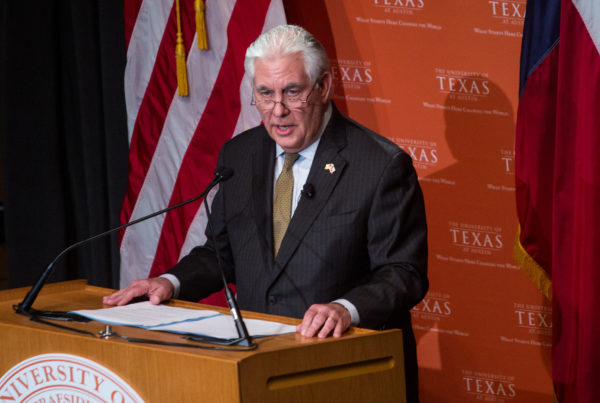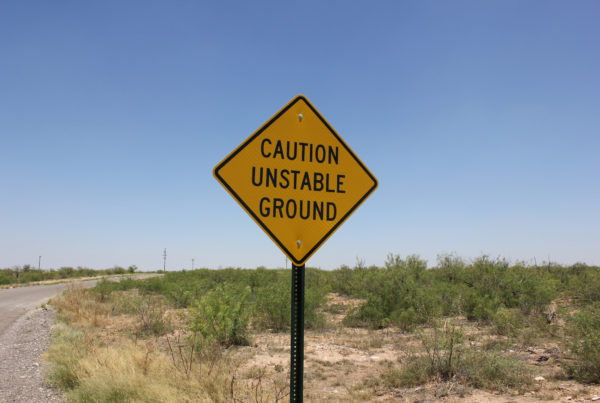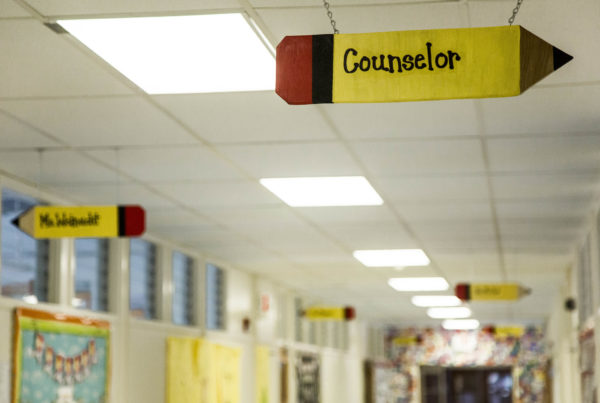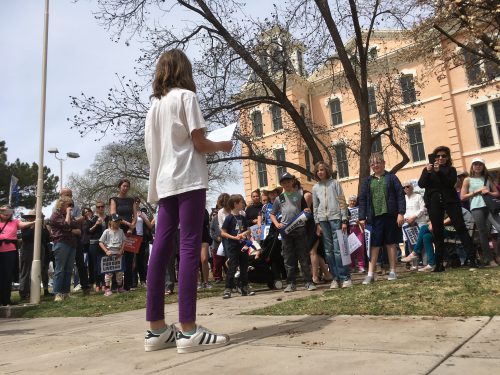When President Trump accepted an invitation from top South Korean officials for a meeting with North Korean leader Kim Jong Un, the quick response was said to surprise the South Korean envoy. It also prompted some in the White House to urge caution.
Jeremi Suri, who holds the Mack Brown Distinguished Chair for Leadership in Global Affairs at the University of Texas at Austin, explains that the U.S. has been in a similar situation before, when, in April 1961, the recently inaugurated President John F. Kennedy met in Vienna with Soviet leader Nikita Khrushchev.
Suri says it was a historical encounter that did not go well.
“It was a very important meeting because the two leaders were sizing one another up,” he says. “Even though Kennedy was quite well informed about American strategic positions, it was, in Kennedy’s own terms, a disaster.”
Suri says Kennedy felt he came across as unprepared compared to Khrushchev.
While Trump is not Kennedy and Kim Jong Un is not Khrushchev, Suri says the two meetings have a lot in common: Trump is also a relatively recently elected president who is going to have an initial meeting with a figure who has been in power for quite a while, and who is seen as a major threat.
Suri says the Trump-Kim meeting, like the one between Kennedy and Khrushchev, is unlikely to make progress.
“Historically, these early meetings between leaders don’t produce breakthroughs,” Suri says. “They’re still important, still valuable. I favor Trump meeting with Kim, but we should not expect a major breakthrough, and if we do, we put Trump in a position where he’s set up to fail.”
Before his meeting with Khrushchev, Kennedy prepared intensively by talking to a number of American experts on the Soviet Union, such as George F. Kennan and Llewellyn E. Thompson. However, the President was unprepared in the sense that he had never been in a meeting like that one before.
“What’s difficult for Americans to recognize is that for our adversaries, especially our long serving adversaries, we are the alpha and omega of their lives,” Suri says. “They think about us every moment because we are the big gorilla in their world, and they are very well prepared for these sorts of meetings. Our presidents, even when they do try to prepare themselves, it’s one of so many issues they are dealing with. They show up with far less experience and far less immediate preparation for what they’re doing.”
Suri says there are three historical lessons for President Trump: to take time to understand the other side, be backed up with a strong team, and not expect that he is going to make a deal that, all of the sudden, will convince Kim Jong Un to give up his nuclear weapons.
“That’s not going to happen. Just as Kennedy couldn’t convince Khrushchev to give up his nuclear weapons. We have to go in with realistic expectations and realistic proposals, and my fear is that a failed early meeting, like the Khrushchev-Kennedy meeting, can produce more conflicts. That is what happened after 1961,” Suri says. “We cannot permit that to happen again.”
Written by Cesar Lopez-Linares.


